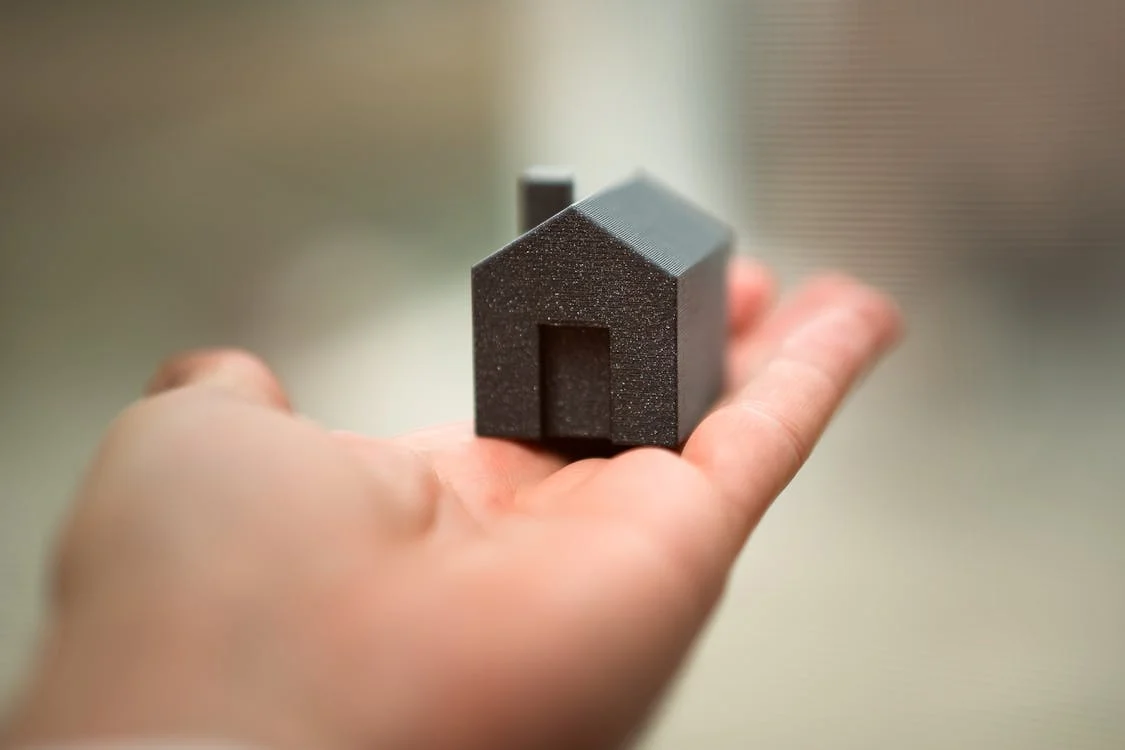If you’ve owned your home for a few years, chances are you’ve built up some solid equity. And if you’re facing a major expense—or looking for ways to improve your cash flow—you might be wondering: can I take out money from my home equity?
Yes, you can. And in Canada, there are a few flexible, cost-effective ways to do it.
At Tribecca, we help homeowners across Toronto and the GTA tap into the value of your home—whether you need funding for home improvements, debt consolidation, or a cash payment toward a second property. But accessing equity isn’t one-size-fits-all. The best path forward depends on your goals, your property, and your broader financial picture.
Let’s walk through the options.
How Do I Cash Out My Home Equity?
Cashing out equity means borrowing against the portion of your home you already own. In most cases, if your current mortgage balance is low enough and your home’s current value is strong, you can access up to 80% of its market worth—minus any amount still owed.
So, how do you actually unlock it?
There are three main ways:
- A home equity loan, which gives you a one-time lump sum with fixed terms.
- A home equity line of credit (HELOC), which works like revolving credit and allows interest only payments during the draw period.
- A mortgage refinance, where you replace your existing mortgage with a new one—ideally at a better mortgage rate and with a larger balance to pull more money from your equity.
A fourth option is a reverse mortgage, though that’s generally geared toward older homeowners who are retired or close to it.
Not sure which route makes the most sense? That’s exactly where we come in.
What About Monthly Payments?
Good question—and it depends on the structure of your loan.
A home equity loan has a defined loan term and fixed payments. You get predictability, which is great if you’re budgeting for a specific purpose like renovations or tuition.
A HELOC, on the other hand, offers flexibility. During the draw period, you can borrow what you need, when you need it—and while you have a balance owing, you make interest-only payments. That can help manage cash flow in the short term, but keep in mind: eventually you’ll need to pay down the principal, too.
Can I Use This for a Down Payment on Another Property?
Absolutely. Many homeowners use their equity to make a down payment on a second property, such as a rental property, vacation home, or even to support a family member’s first home. It’s a common alternative to taking out personal loans or liquidating investments.
But lenders—whether you’re working with a bank or an alternative lender like Tribecca—will still look at your income, debts, and overall financial profile. They’ll want to know how you’ll manage mortgage payments on two properties. And they’ll assess your available equity based on an updated appraisal of the current value of your home.
To find out how much you could qualify for, and whether you’re in a good position to move forward, contact us and speak with a lending specialist.
Should I Be Worried About Closing Costs?
Closing costs are something that you should be aware of and fully informed about.
When you leverage home equity—whether it’s through a HELOC, a mortgage refinance, or a home equity loan—there are closing costs involved. Appraisal fees, legal costs, admin charges… they’re part of the deal. And they can range from modest to meaningful, depending on the complexity of your application.
This isn’t a hidden gotcha. It’s just part of what it takes to structure a secured loan. What matters most is understanding these costs upfront so there are no surprises at the finish line. That’s something we always walk our clients through early on—transparently and in plain language.
Now, the good news: compared to other forms of borrowing (like credit cards or unsecured loans), equity-based lending is typically more cost-effective. You’re leveraging a real asset. Which means lower rates, longer terms, and more control over how the repayment fits into your broader plan.
So no, don’t panic over closing costs. Just make sure they’re part of the conversation—and factored into the math. We’ll help you do both.
When Is the Right Time to Pull Equity?
That depends on what you need it for—and how confident you are in your repayment strategy.
We can help you make strategic real estate moves, or simply borrow money to get through a difficult stretch without compromising long-term stability.
The key is having a plan. One that fits your personal finance goals, protects your home, and helps you build momentum—not stress.
Let’s Talk It Through
Still asking yourself can I take out money from my home equity? It’s a common question, for good reason.
If you’re looking to improve your cash flow, reduce high-interest debt, or invest in something meaningful, your home’s equity could be the bridge to your next move.
Reach out to us to explore your options. Or read more about how a home equity loan works and whether it aligns with your goals.
At Tribecca, we’ve spent more than 25 years helping Ontario homeowners make smarter financial decisions—based not just on numbers, but on real life. When it’s time to access your equity, we’ll help you do it with clarity, confidence, and care.





